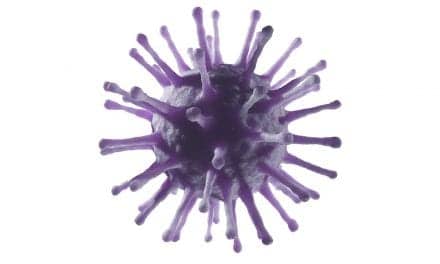The World Health Organization just deemed anti-vaxxers as one of the top 10 global health threats.
Look at what made the World Health Organization’s (WHO’s) just-released list of “10 threats to global health in 2019.” Right alongside the Ebola virus, HIV, antibiotic-resistant bacteria, pollution, and non-communicable diseases such as obesity, diabetes, and heart disease is “vaccine hesitancy.” That’s right, one of the biggest threats is not a disease, not the lack of a prevention measure or a treatment, and not the lack of resources.
You see, “vaccine hesitancy” is not vaccines clinging on to the syringe or container and saying, “I don’t want to go and help protect people against a disease.” No, “vaccine hesitancy,” according to the WHO is “delay in acceptance or refusal of vaccines despite availability of vaccination services.” In other words, it is people questioning whether to get vaccinated or more often whether children should be vaccinated, despite the abundance of scientific evidence showing the effectiveness of vaccines in preventing disease, despite the lack of proven alternatives, and despite experts around the world urging people to get vaccinated.










